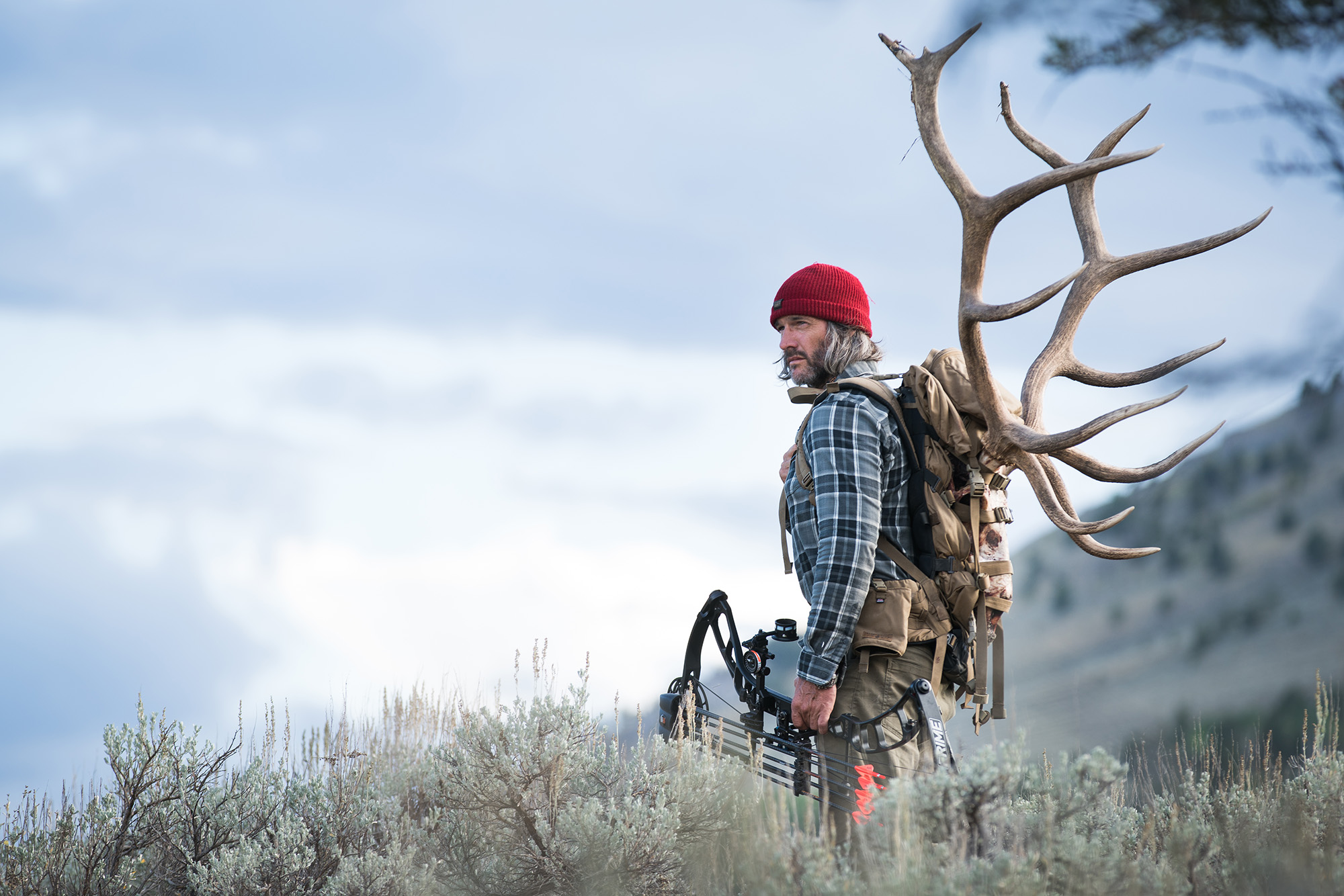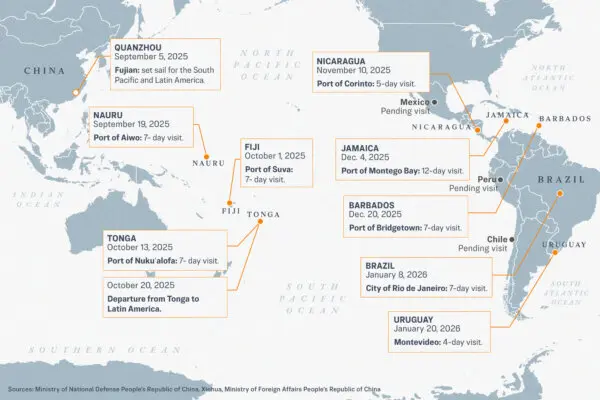What does it mean to be fully alive? For hunter and adventurer Donnie Vincent, it means climbing inside an abandoned grizzly den and discovering the nest of twigs a bear made for the long winter days ahead. Or getting close to a venomous eastern brown snake, learning firsthand of its lightning-fast strike. Or climbing to the peak of a mountain to scour the landscape for elk. It means enveloping himself in the windy, wild, inhuman environments of our world in order to more fully embrace his humanity.

Donnie Vincent is an explorer, biologist, hunter, conservationist, and filmmaker. SICMANTA









